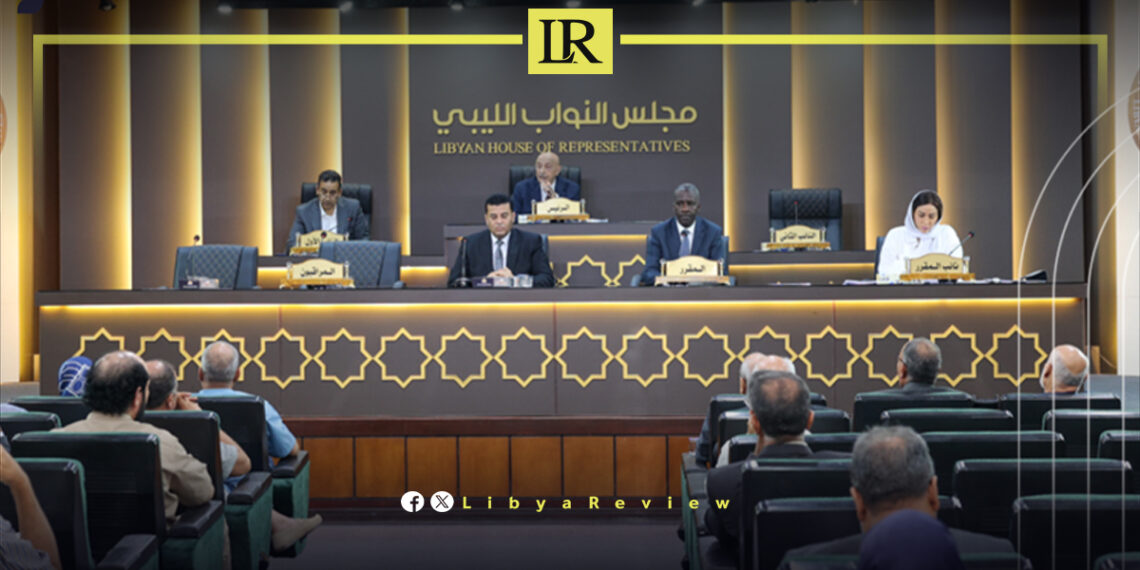The Libyan House of Representatives extended heartfelt congratulations to the Libyan people on the occasion of the 73rd anniversary of Libya’s independence, marked annually on December 24th. This historic day signifies the culmination of the ancestors’ struggle, leading to the declaration of Libya as a free and sovereign state.
In an official statement, the parliament emphasized the importance of this day in remembering the values of unity and solidarity that once brought the Libyan people together. These values, it noted, are crucial now more than ever, given the political, security, and economic challenges facing the country.
The statement underscored that Libya is at a pivotal moment, requiring national unity and cooperation among all its citizens. Just as the forefathers came together to achieve independence, today’s generation must unite to overcome the current crisis, build a brighter future for the next generations, and secure political and social stability.
The parliament concluded by extending warm wishes to the Libyan people, expressing hope for peace and prosperity across the nation. It called upon God to protect Libya from harm, bless it with security and stability, and pave the way for peace and welfare throughout the country.
Libya has been in chaos since a NATO-backed uprising toppled longtime leader Muammar Gaddafi in 2011. The county has for years been split between rival administrations.
Libya’s economy, heavily reliant on oil, has suffered due to the ongoing conflict. The instability has led to fluctuations in oil production and prices, impacting the global oil market and Libya’s economy.
The conflict has led to a significant humanitarian crisis in Libya, with thousands of people killed, and many more displaced. Migrants and refugees using Libya as a transit point to Europe have also faced dire conditions.
The planned elections for December 2021 were delayed due to disagreements over election laws and the eligibility of certain candidates. This delay has raised concerns about the feasibility of a peaceful political transition.
Despite the ceasefire, security remains a significant concern with sporadic fighting and the presence of mercenaries and foreign fighters. The unification of the military and the removal of foreign forces are crucial challenges.


